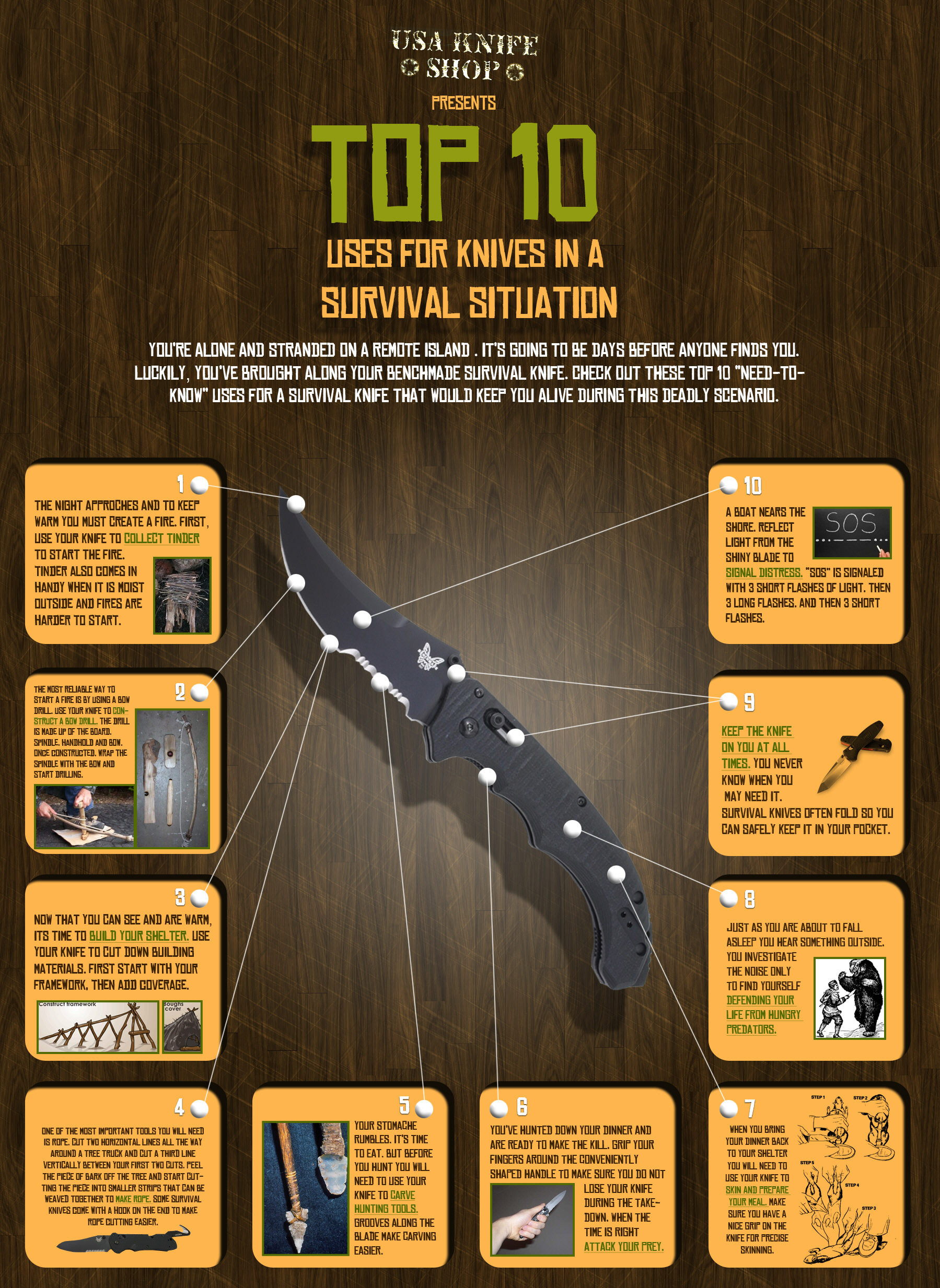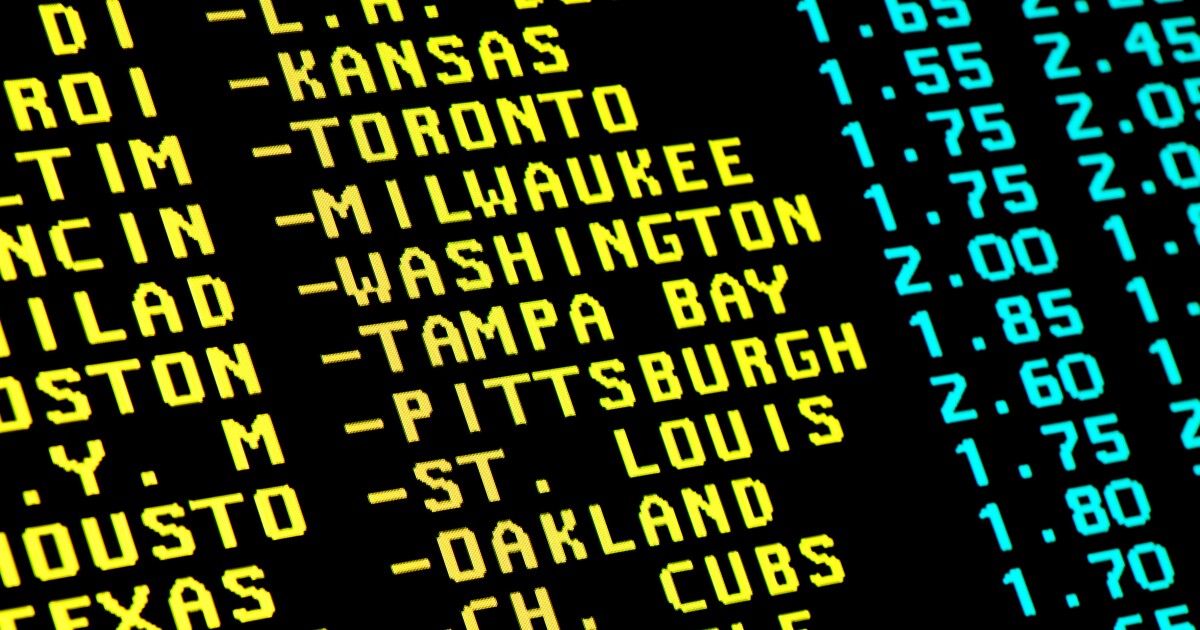Online Gambling Risk Management
People gamble all the time, but we don’t think of it that way.
- Online Gambling Risk Management Software
- Online Gambling Risk Management Strategies
- Online Gambling Risk Management Services
We think we are making decisions, not gambling — and often don’t see it as taking risk either. But we are.
Online Gambling Risk Management Software
The key is whether we are making what we consider a “sure bet,” where we believe the outcomes of our decisions are more likely than not to be (net) favorable, considering both the upside and downside — especially compared to the alternatives.
Related Article: Effective Risk Management Starts With Better Decision-Making
By understanding its risk profile, a casino or card club can apply appropriate risk management processes to its BSA compliance program to identify and mitigate its operational risk. In conclusion, an effective BSA compliance program must reflect potential money laundering and terrorist financing risks arising from a casino's or card club's. The online gambling industry Determines a threat assessment of the risks of money laundering and terrorist financing through online gambling. Reviews money laundering legislation and regulations as they apply to online gambling. Provides a summary of best practice within the online gambling industry. Bob Hannum is a Professor of Risk Analysis & Gaming at the University of Denver where he teaches courses in probability, statistics, risk, and the theory of gambling. His publications include Practical Casino Math (co-authored with Anthony N. Cabot) and numerous articles in scholarly and gaming industry journals.
Quality Information Informs Quality Decisions
For example, when I quit my job with Coopers & Lybrand in the UK and decided to move to the US, I was gambling.
- I had no assurance I would get a job in the US (although I was fairly confident), and certainly had no assurance it would be a job I would want. As it happened, while I wanted to move back to Atlanta, the job I was offered was in Los Angeles.
- I didn’t think I had a future in my current position. As it happened, I had been tagged as potential partner material.
- I was also gambling that I would enjoy life in the US. I had spent nine months in the US and had made many friends, but would I be happy in this foreign country? Would I miss the safety of being close to my family in England?
Every time after that, when I took a new job I was gambling.
- In most cases, my old job was disappearing due to downsizing or an acquisition. But in some cases, I had been offered a position with the acquiring company. My assessment was it was better to leave than stay.
- While I had done as much research as I could on my new company, I didn’t have certainty about its prospects or the people I would work with. In one case, nothing was as it appeared during the hiring process — but that’s another story.
When we gamble, whether we call it making a decision or taking a risk, it is crucial that we try to do so intelligently and with all the quality information we can obtain.
When I was in college I played poker with a lot of success. But I didn’t consider it gambling as I knew I was one of only two players at the table who knew what they were doing. I was taking risk, but my assessment was I was far more likely to win than lose and my potential loss was smaller than my potential gain.
Quality information informs and enables quality decisions.
The military planners deciding whether to send troops to rescue hostages in Iran (under Carter) or to capture Al Qaeda leaders (under Obama), would have had to assess:
- The likelihood of loss of personnel and equipment. There was a range of possible levels of loss, from the embarrassment of a failed mission to the loss of the whole team. Each level of loss had its own likelihood.
- The likelihood of success. That also was a range, from partial (such as rescuing a few hostages) to full (bringing them all home). Each level of success had its own likelihood.
- The possibility that their assessments of loss and success were incorrect.
- Whether the likelihood of success warranted taking the risk of failure. That was the gamble they made.
- Were they gambling when they decided to go ahead? There was no certainty about either the potential and likelihood of loss or the potential and likelihood of success.
Related Article: Transforming Risk Management in 2019 and Beyond

Implications for Risk Practitioners
What does this mean for the risk practitioner?
Online Gambling Risk Management Strategies
/ThinkstockPhotos-155657085-5c8c0d8646e0fb000187a2af.jpg)
Their job is to help the decision-makers make informed decisions and take risks with the knowledge that they are more likely to succeed than fail. After all, it is only by taking risks that any organization can achieve its objectives and succeed.
The risk practitioner has the ability to help decision makers assess the extent and likelihood of a range or potential outcomes, both potential losses and gains. The risk practitioner can improve the likelihood of quality decisions and therefore of success.
Is it gambling when you have what you believe to be reliable information and are making an intelligent decision?
It’s certainly gambling when decisions are made in haste without reliable information on the extent and likelihood of what might happen.
I welcome your thoughts.

Introduction
I get asked a lot about Money Management in gambling. It is not a topic I address often, because money management is just mathematical voodoo. What you can expect to lose gambling is the product of the total amount you bet and the house edge. It does not make any difference how you break up your total amount bet. Given the same game, the expected loss is the same making a million bets of $1 and one bet of $1,000,000.
While money management does not change expected loss, given the same game and total amount bet, it can affect variance. Here are some money management strategies, according to what your goal is.
Player 1 plays for the social aspect of gambling, not so much to win. He prefers to bet conservatively, minimizing his risk of losing, while at the expense of likely not winning either. This player should flat bet. In other words, his wagers should be the same every bet, or close to it.
Player 2 is a risk seeker who wishes to either win a lot or lose a little. Of course, with a high winning marker, and low losing marker, it is more likely to achieve the losing one. The appropriate strategy for player 2 is to press his luck after wins, letting them ride. Most of the time the player will hit a loss before reaching his winning goal, but sometimes hit a good run and parlay his wins to whatever makes him happy.
Player 3 is a small win seeker, at the expense of the chance of a large loss. There are many betting systems that cater to this goal, but they all press bets after losing, until there is a win. Often this player will leave the casino happy for reaching his modest winning goal, but the occasional large losses will take back all the small wins, and more.

Judging by the ratio of expected loss to total amount bet, all betting strategies and money management systems are equally worthless. How much you bet and why should depend on the reason you are playing in the first place. Whatever form of money management you choose, once a bet is made you should always follow the best mathematical play. Finally, never pay for a betting strategy. As mentioned, they are all equally worthless, so you may as well use one of the free ones easily found on the Internet.